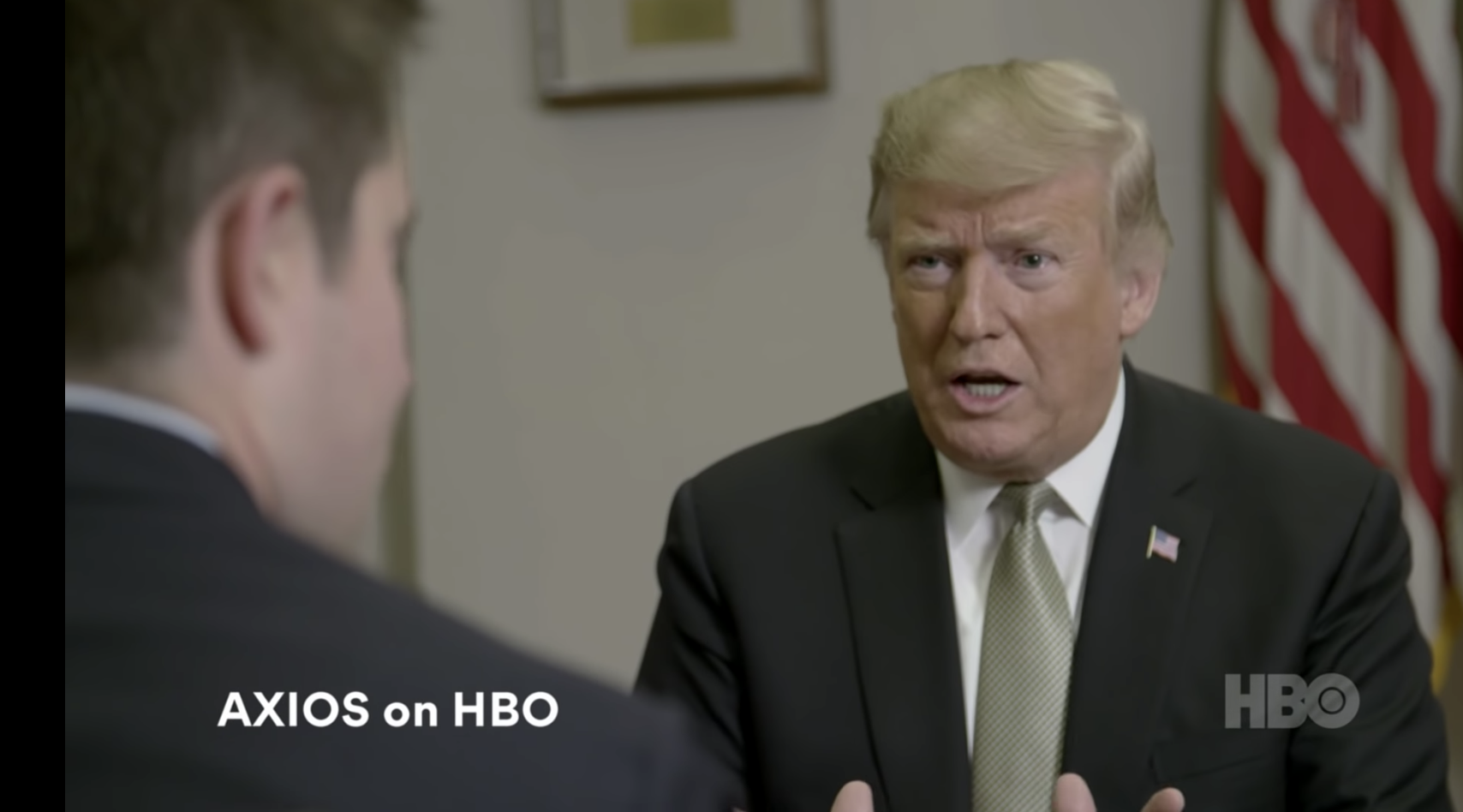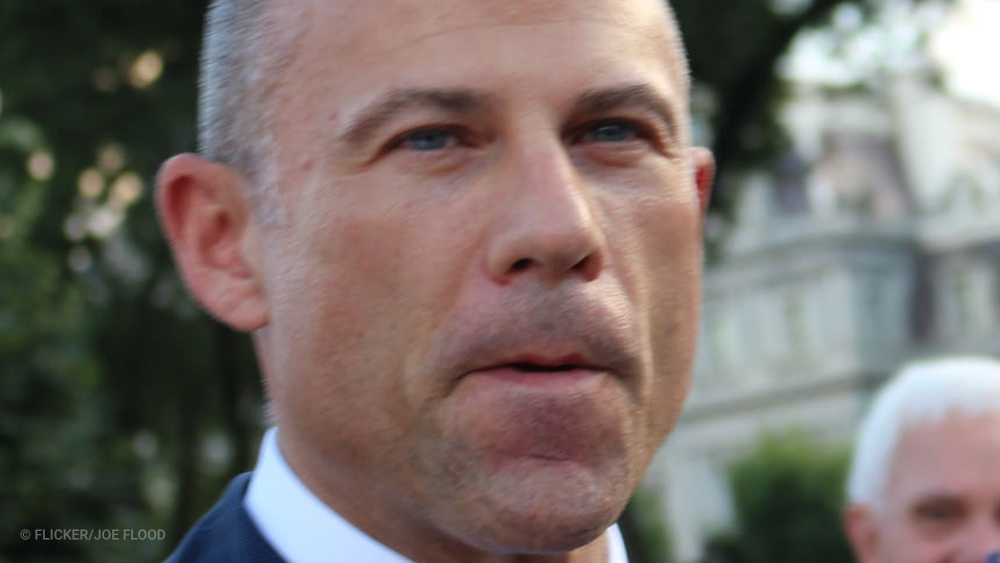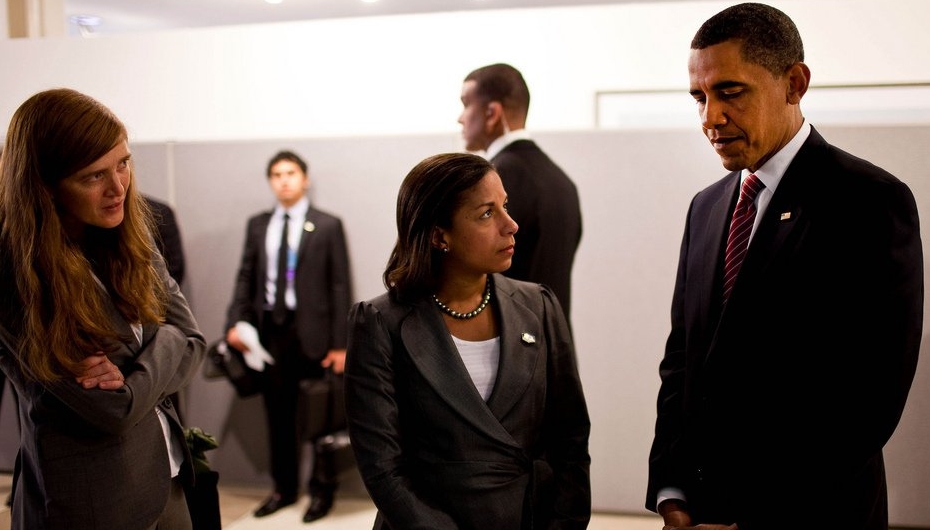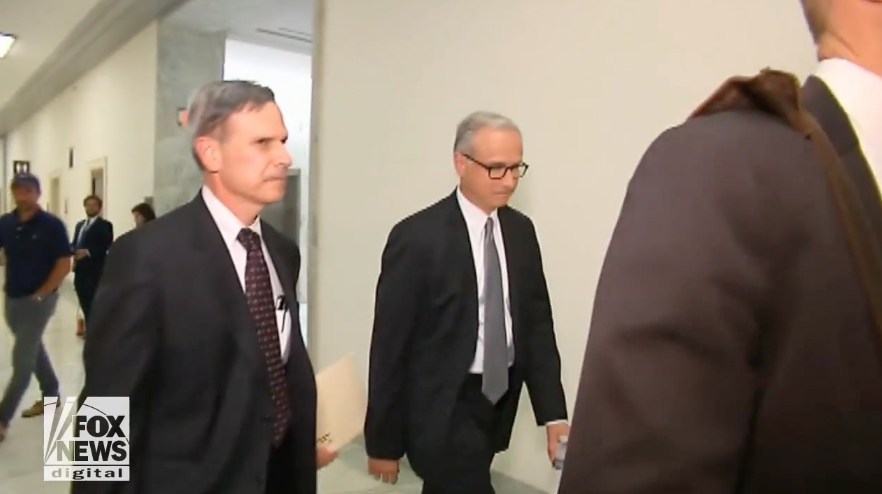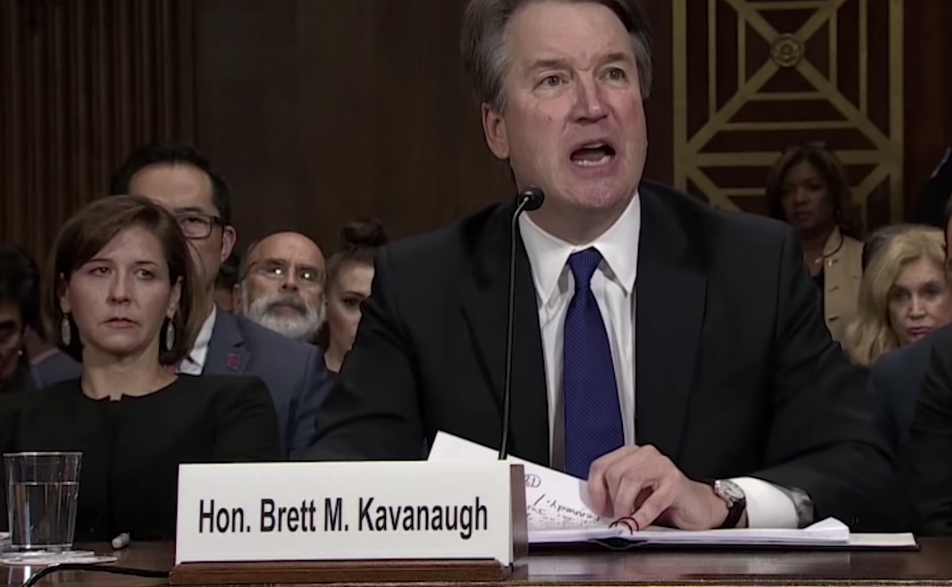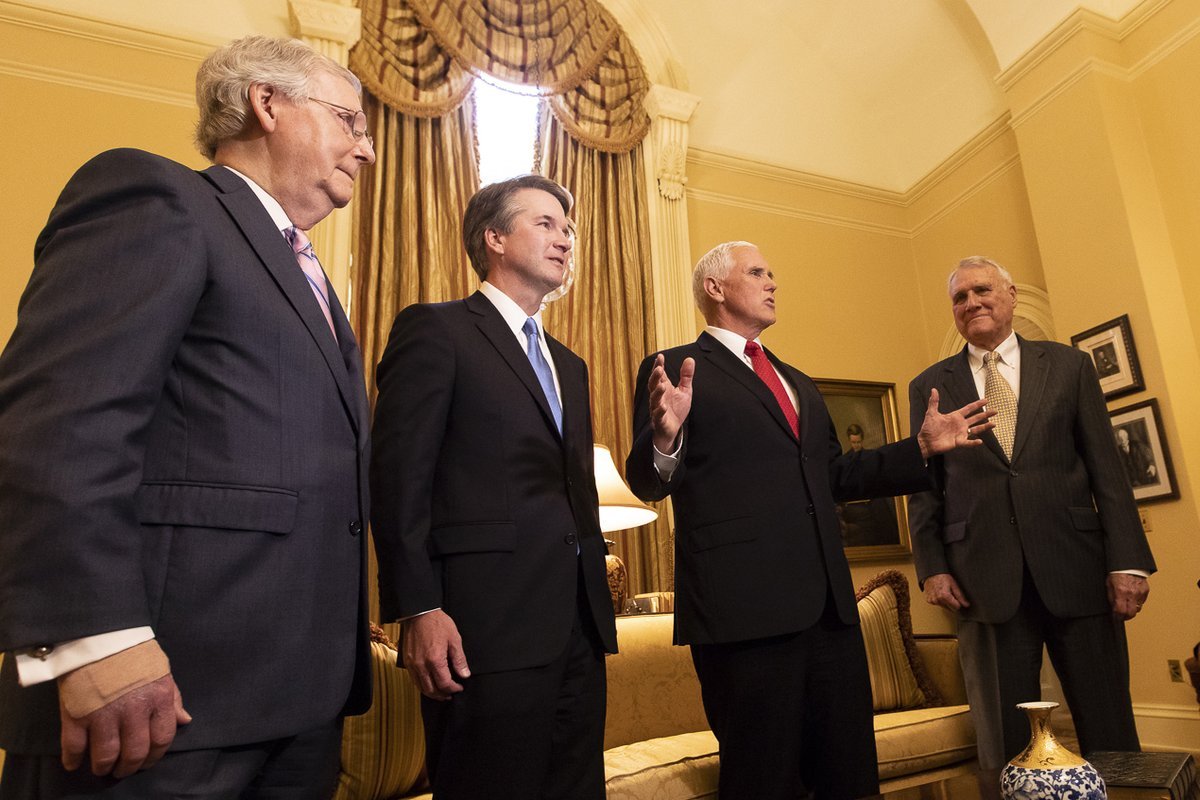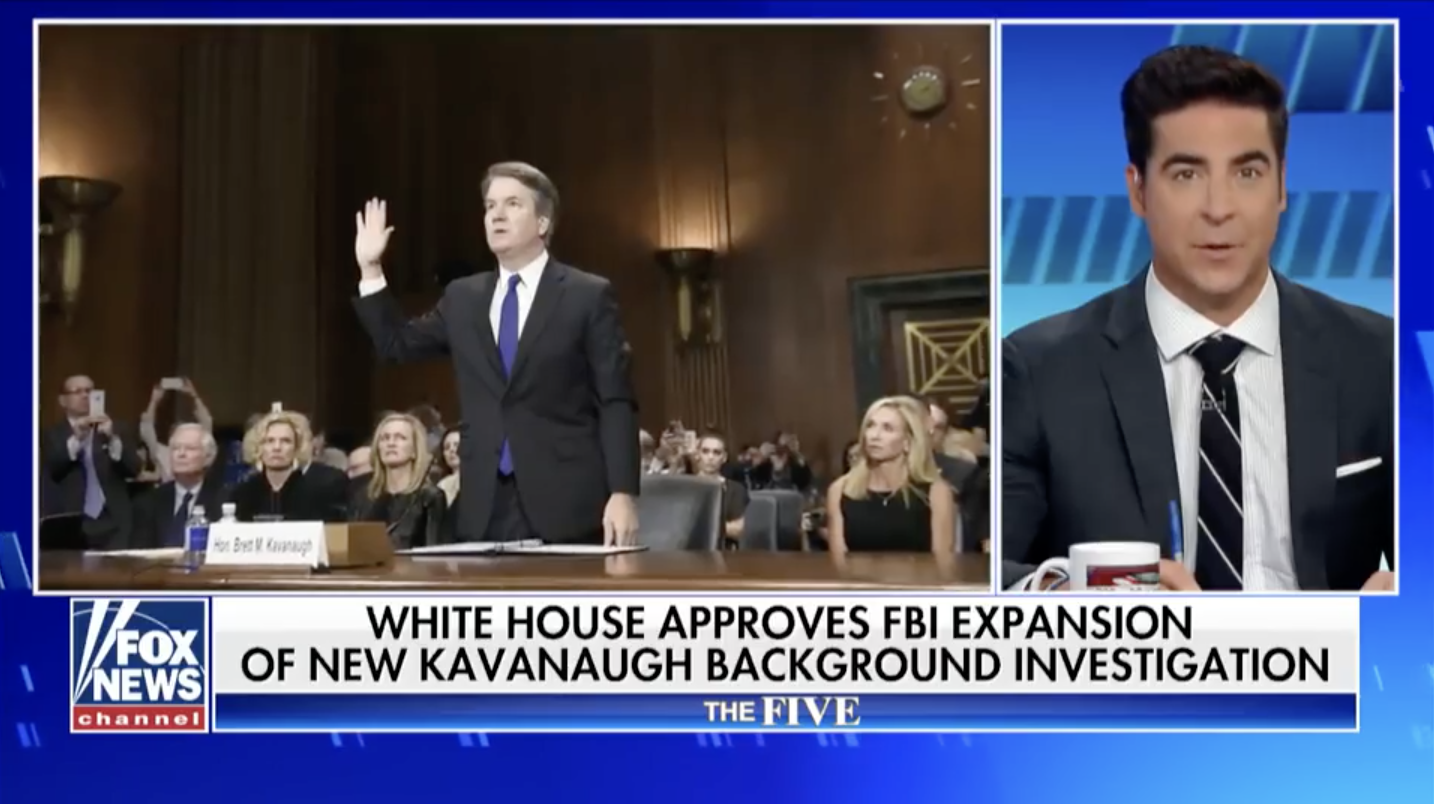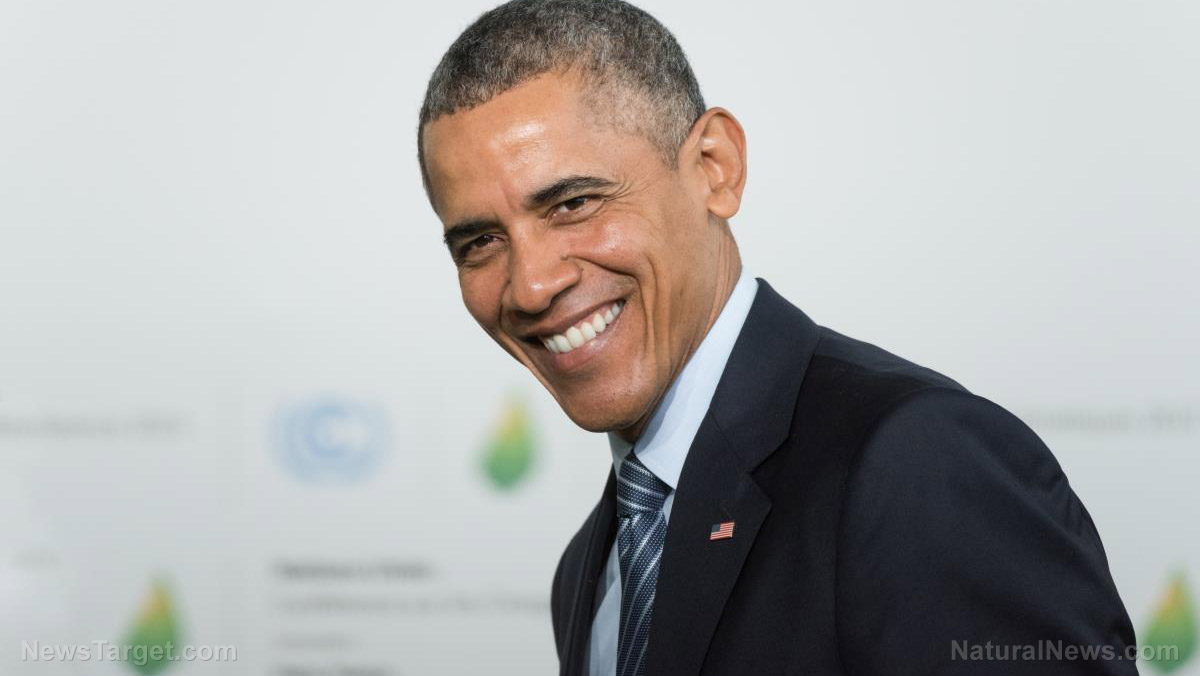“Mad Dog” Mattis sends warning to North Korea that U.S. considers it a “clear and present danger” – is war on the horizon?
06/06/2017 / By JD Heyes
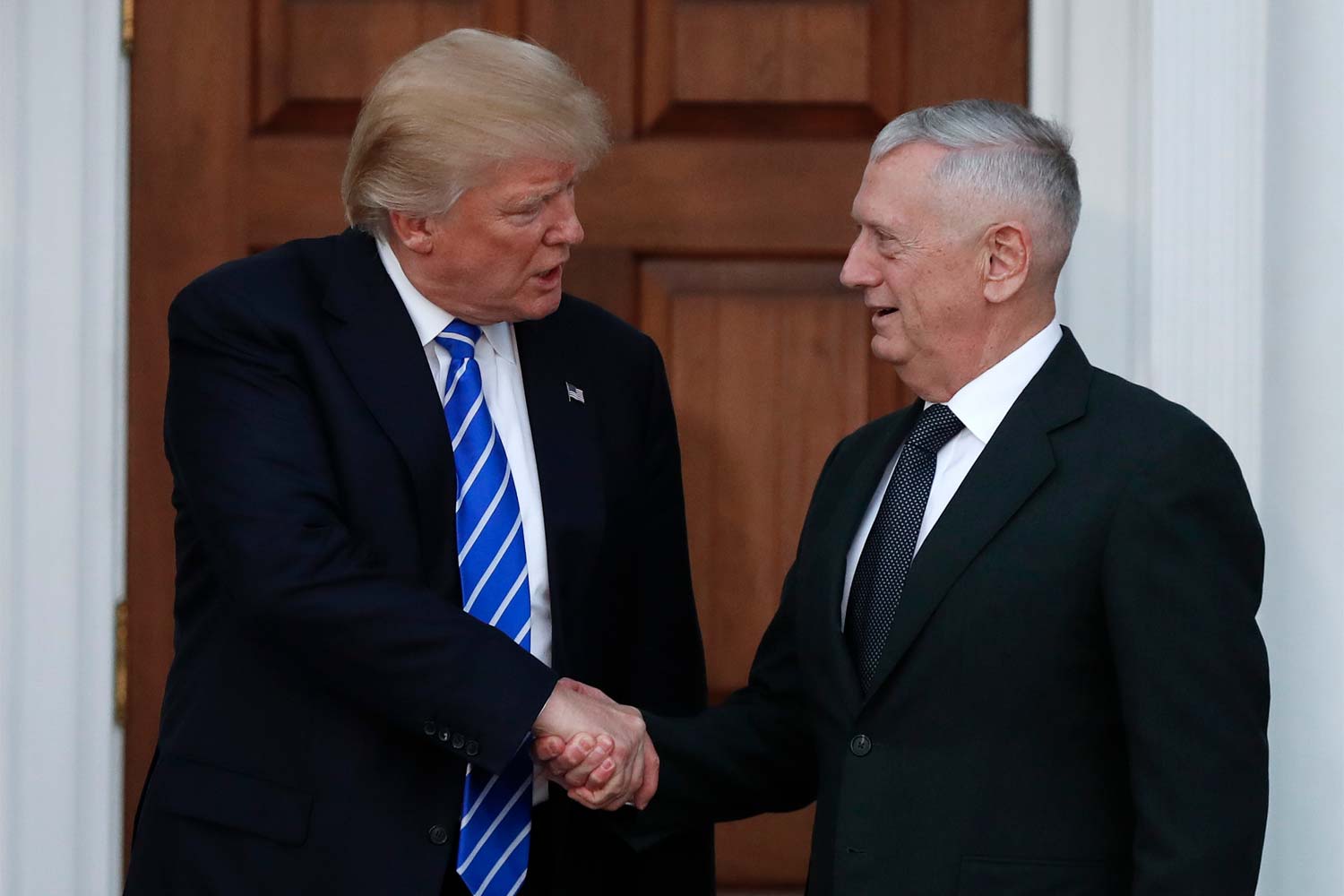
Defense Secretary James “Mad Dog” Mattis had an unusually blunt warning for North Korea at an Asian security conference on Friday: The U.S. considers it a “clear and present danger,” a phrase that, historically, has only been used by American diplomats, politicians and presidents as a warning to countries who are in line for preemptive military strikes.
During a question-and-answer session following Mattis’ speech to attendees of the Shangri-La Dialogue in Singapore, the former Marine four-star general made it crystal clear that the Trump administration has elevated North Korea to a primary threat level, and that no options are off the table for dealing with Pyongyang’s maturing nuclear weapons and ballistic missile programs.
Calling North Korea an “urgent military threat,” Mattis added: “We’re working diplomatically, economically, we’re trying to exhaust all possible alternatives to avert this race for a nuclear weapon in violation of … the United Nations’ restrictions on North Korea’s activities. …We want to stop this. We consider it urgent.” (RELATED: Trump orders nationwide preparation against power grid collapse initiated by cyber warfare)
As noted by CBS News and other media organizations, Mattis also had cautious praise for China, which has done more in response to Trump administration prodding to help rein in its belligerent neighbor than that of any previous U.S. administration. That said, Mattis also made it clear that the U.S. would not allow China to ‘own’ all of the South China Sea using militarized man-made islands to control the strategic waterway, through which $5 trillion in annual trade passes.
But clearly, Mattis’ harshest words were reserved for North Korea.
“North Korea’s continued pursuit of nuclear weapons and the means to deliver them is not new,” he said in prepared comments.
“While the North Korean regime has a long record of murder of diplomats, of kidnapping, killing of sailors and criminal activity, its nuclear weapons program is maturing as a threat to all,” Mattis said. “As a matter of national security, the United States regards the threat from North Korea as a clear and present danger.”
As reported by The National Sentinel, the phrase “clear and present danger” has been used historically by American political leaders in advance of U.S. military action. What’s more, preemptive military action against another country is seen as acceptable under international law, if one state believes another is about to launch an attack:
Under international law, pre-emption versus prevention in the form of a military strike is permissible; the former defined as “taking military action against a state that was about to launch an attack.
“…[I]nternational law has permitted this in order to forestall clear and immediately present dangers, while prevention is defined as ‘starting a war against a state that might, in some future point, pose such risks,’” Foreign Policy magazine noted in a 2005 think piece.
The news site also noted that the phrase was used repeatedly in the lead-up to preemptive U.S. military strikes before the first Gulf War, after the Gulf war, to justify the 2003 invasion of Iraq, and to define the immediate post-9/11 threat posed by the Taliban in Afghanistan.
Even former Obama Defense Secretary Leon Panetta thinks North Korea poses an unacceptable existential threat. (RELATED: Trump Considering “Sudden Strike” On North Korea As Time Is Running Out For Peaceful Resolution)
In short, it appears as though the Trump administration is putting North Korea on notice in a similar fashion, and given the U.S. military assets currently deployed in and around the Korean peninsula, the Pentagon certainly has the force structure in place to launch a crushing preemptive blow against Pyongyang if ordered to do so.
Rep. Mac Thornberry, R-Texas, head of the House Armed Services Committee, agreed that Mattis made it clear to U.S. allies in the region that the administration was committed to remaining engaged.
“He was very clear, very strong,” Thornberry told reporters.
Earlier, in an interview last week on CBS’ “Face the Nation,” Mattis appeared to be preparing the country for what may lie ahead when he warned that a conflict with North Korea “would be probably the worst kind of fighting in most people’s lifetimes.”
J.D. Heyes is a senior writer for NaturalNews.com and NewsTarget.com, as well as editor of The National Sentinel.
Sources:
Tagged Under: clear and present danger, James Mattis, North Korea, preemptive strike, threat


